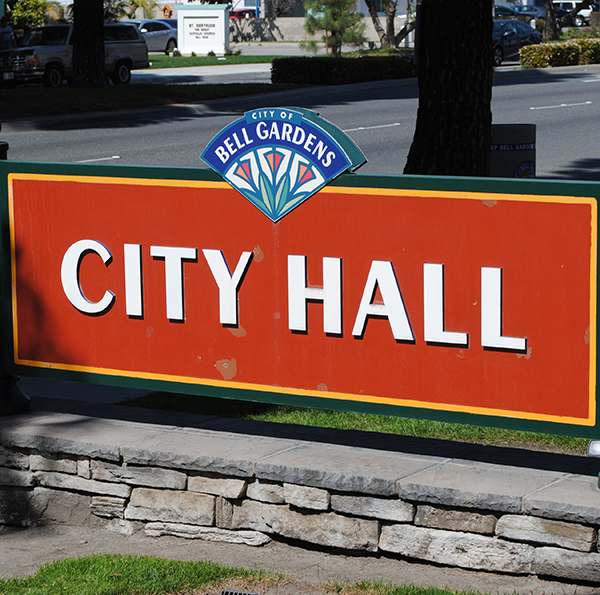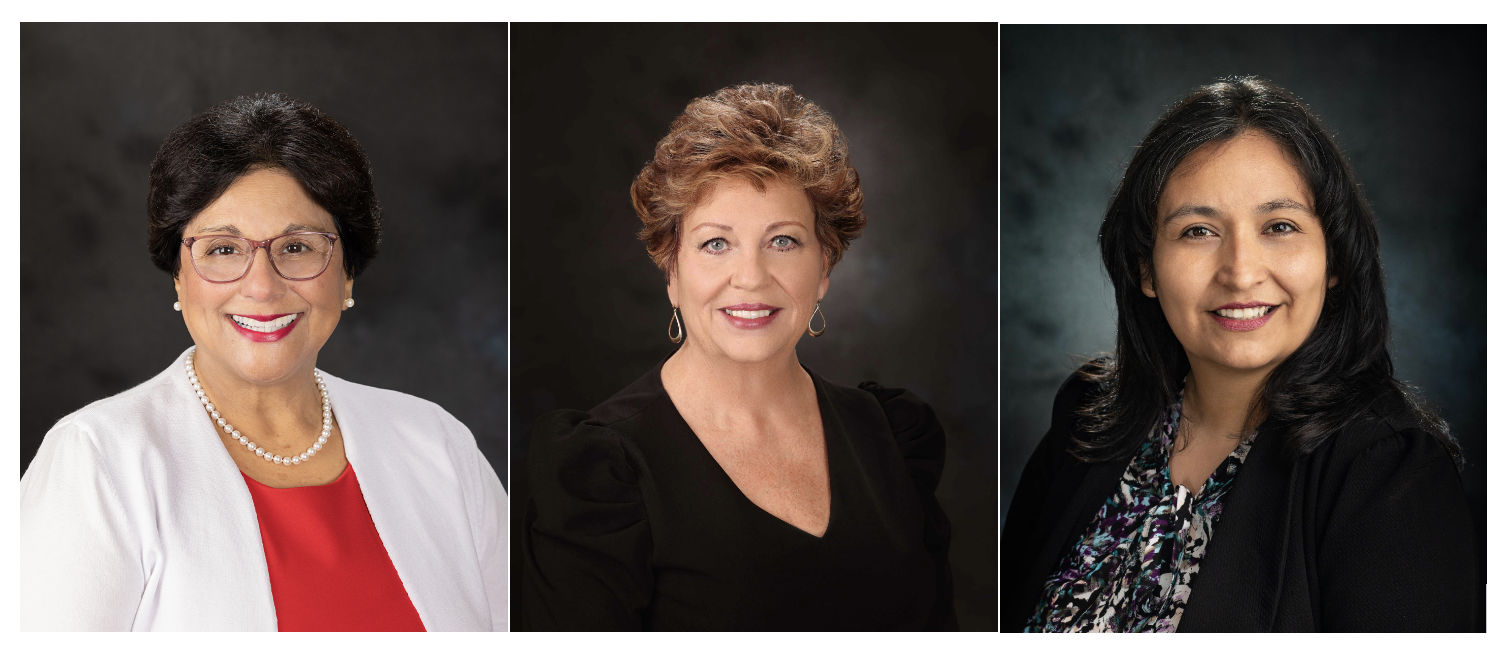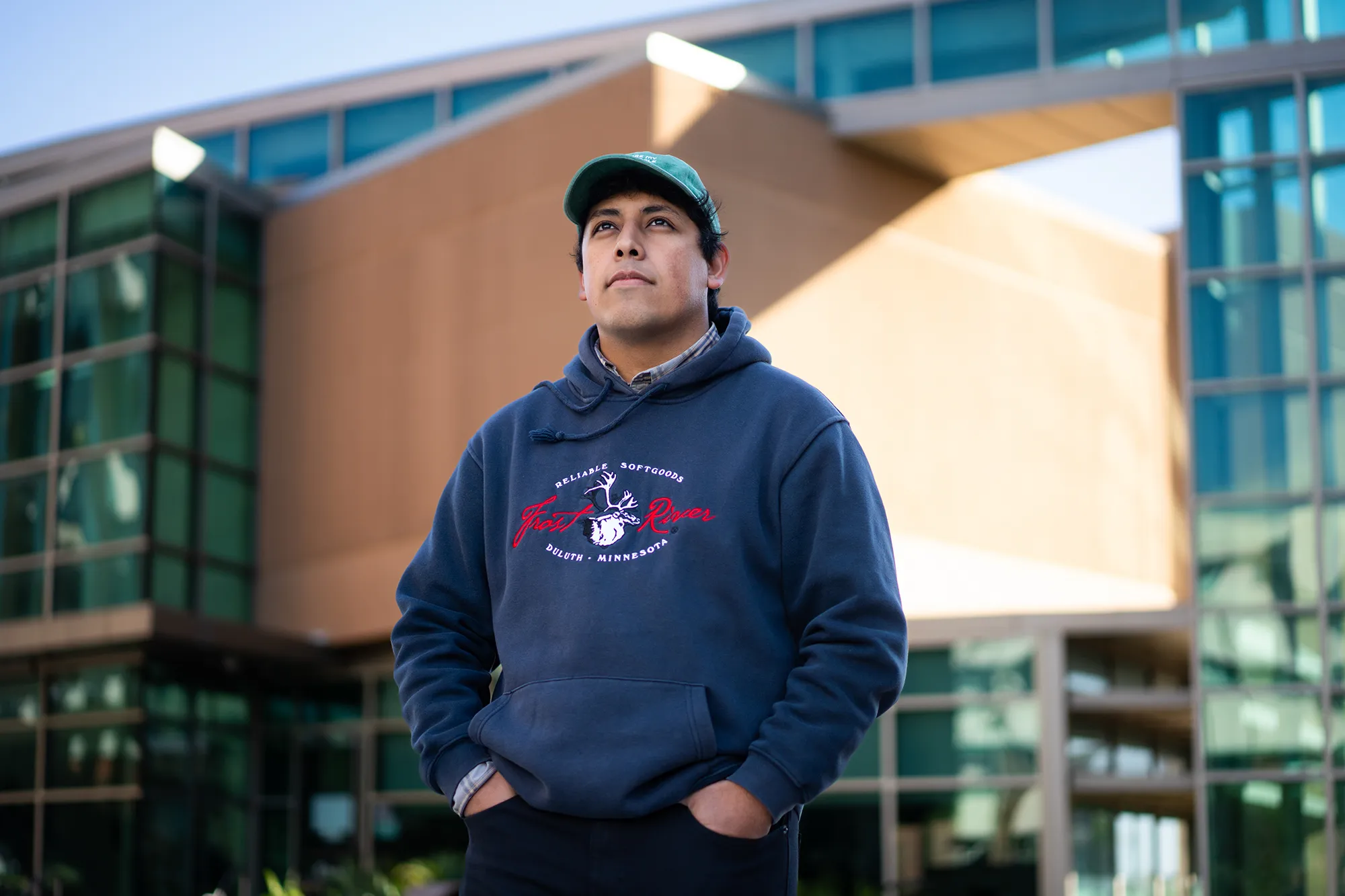By Alfredo Santana
Contributing Writer
BELL GARDENS — Voters will decide Nov. 8 whether to place term limits on City Council members that would prevent them from serving more than three four-year terms.
If approved, the term limits proposal would take effect after Nov. 8, meaning that council service prior to Nov. 8 would not count against the term limit requirements.
Council members Marco Barcena, Alejandra Cortez and Lisseth Flores-Franco are running for their second terms on the November ballot. If they are re-elected, they could serve two additional terms under the new rules.
City Attorney Rick Olivarez said if the measure is approved no one may serve more than three four-year terms in their lifetime. He said that if a council member is elected for two consecutive terms and then takes a break from the council that person could only serve one additional term.
Barcena, a graduate of UC Berkeley, said he backs term limits to encourage more participation in government and to engage the community in the process.
“I support it because three terms should be enough time for a competent leader to create positive change,” said Barcena, who was first elected to the City Council in 2018. “A true leader working for the community should pass the baton to new generations, mentoring and sharing his knowledge along the way. Otherwise it starts looking like a dictatorship.”
Cortez also was elected to the council in 2018. She works full-time with the Montebello Unified School District helping parents get involved in student programs in accordance with state and federal policies and also attends Southwestern Law School. She expects to receive her juris doctorate degree next spring.
Also elected to the council in 2018, Flores-Franco is a married mother of two and a founding member of SELA United, an advocacy group composed of elected leaders in Southeast Los Angeles County “who are tired of being overlooked, and joined forces to demand for more resources to this underserved and under-represented region,” according to her biography on the city’s website.
She ran for council “so she would have a more direct voice in how the city provides services for the residents, businesses, and other stakeholders in Bell Gardens,” according to the website.
Bell Gardens council seats are at large, meaning that the top three vote-getters will be elected.
The three incumbents are running against seven challengers in November.
They are community advocate Miguel De La Rosa, educator and administrator Francis De Leon Sanchez, business owner and former Councilwoman Jennifer Rodriguez, real estate agent Jose Angel Cruz, business owner Christian Mendez, emergency registered nurse Steve Martin Figueroa and resident Andrew Leon.
The term limit ballot measure also includes provisions that establish rules for appointments or special elections to fill council vacancies.
According to the measure’s language, anyone removed from office or who resigns before finishing a four-year term would be defined as having served an entire term.
“The purpose of this section is to create more competitive elections by ensuring that periodically the advantages of incumbency of a city council member will yield to increase participation in seeking elective office,” the ballot measure states.
Currently council members can run for reelection as many times as they choose, a process that some political experts say discourages community members without political experience to run for office.
In June, Lynwood voters approved Measure R, allowing council members to run for three consecutive terms. Previous city rules prohibited council members from serving more than two consecutive terms.
Downey limits council members to two four-year terms.
South Gate, like most other area cities, does not have term limits for council members.












